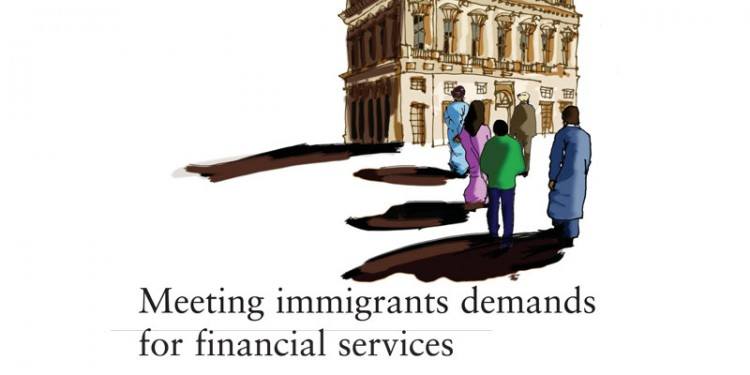The need for financial services varies across ethnic groups – Muslims, Caribbean and migrant workers in the UK. Adele Atkinson analyses what influences decisions about financial services amongst these minority groups and how those needs are being met.
Demand for financial services
Demand for particular financial services can depend both on external factors such as the predominant methods of payments and on personal factors such as a preference for informal saving methods or a disapproval of borrowing. When demand is primarily based on needs caused by external factors we would expect to see little variation by ethnic groups, nationality or religion. Rather we would anticipate that variations in demand would be related to economic circumstance or social factors. Conversely, where demand is a combination of need and personal preference it is much more likely that patterns will emerge that are related to personal characteristics, including ethnicity and religion.
Current accounts
On the whole, demand for transaction banking is related to the way transactions are normally undertaken within a country rather than an individual’s status or ethnicity. It may be that certain people will be more resistant to the need for a bank account, but ultimately they will find it difficult to conduct day-to-day affairs in the UK without a current account, particularly at household level. This is true whether families receive earned income or benefits, since both are now normally paid into bank accounts. The notable differences in account holding are therefore more likely to indicate lack of supply than low levels of demand.
Savings products
Unlike transaction banking, demand for formal saving products is largely a matter of personal choice, past behaviour and current circumstance. However, overall account holding also depends in part on the availability of appropriate products. Whilst there are a wide range of savings products available in the UK, these products may not exactly meet the needs of low-income savers, those who are used to a more sociable form of saving, and those with religious constraints. Taken as a whole, black and minority ethnic households are less likely than the white British population to hold money in formal savings products. Yet, compared with people on similarly low incomes they typically save larger amounts. This is, in part, because several of the larger minority groups have a history of investing in informal savings and loans clubs, and have not sought to move into mainstream products. Informal savings and loans clubs can offer a social function, and can help to hold a community together. Access to these kinds of groups or associations is only possible where a community of likeminded people forms – supply is localised and difficult to replicate in a controlled way.
The use of savings clubs is not uniform within or between minority communities. Amongst the Caribbean community, these clubs, or ‘pardners’ mostly cater for low-income women who cannot access high street credit. Higher earners, and second generation immigrants tend to use banks to save larger sums, perhaps because pardners do not pay interest or because of the risk that they may not get their money. Conversely, Pakistani savings and loans groups (‘kommittis’) tend to be used by first and subsequent generations of migrants, and particularly those with higher incomes. This is perhaps because they do not pay interest, which is an advantage to Muslims, who must not pay or receive interest (riba) under Muslim law.
To read the full article, please download the PDF above.

